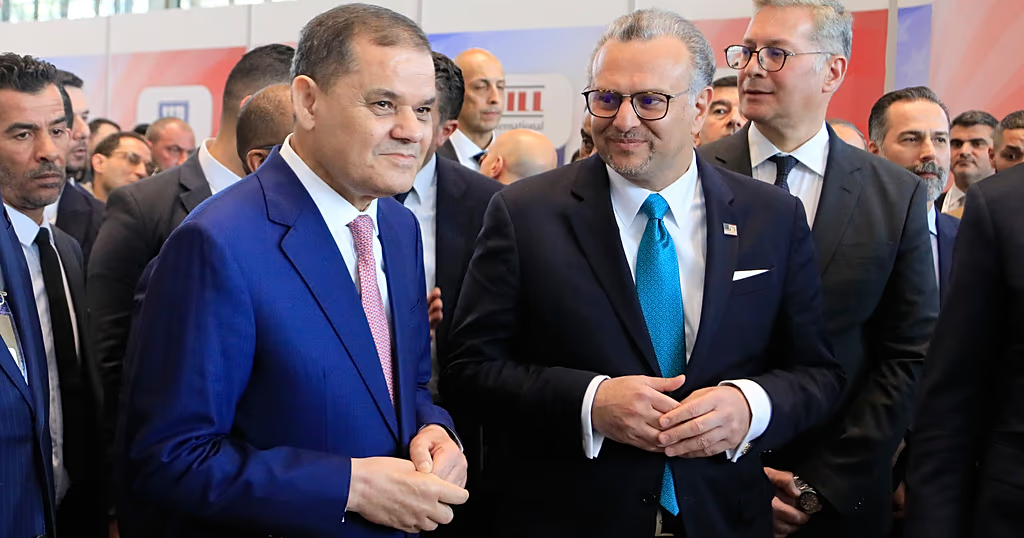Last up to date Aug 30, 2023
Taxes on merchandise in Nigeria rose to N1.36tn in the primary six months of 2023, a National Bureau of Statistics report has indicated.
This is a 113.29 p.c incrememt from the N636.19bn recorded in the primary six months of 2021, and a 25.00 p.c development from the N1.09tn recorded in the corresponding interval of 2022.
This is contained in the National Bureau of Statistics information on Net Indirect Taxes on Products and are primarily based on present primary costs.
When adjusted for inflation, the taxes on merchandise amounted to N465.94bn in the primary six months of 2023, a 34.98 p.c enhance from the N345.19bn reported in the primary six months of 2021, and an 11.94 p.c enhance from the N416.23bn recorded in the corresponding interval of 2022.
According to the World Bank, internet oblique taxes (taxes much less subsidies on merchandise) are the sum of product taxes much less subsidies. It said that product taxes are taxes payable by producers as they relate to the manufacturing, sale, buy, or use of the products and companies.
However, the rise in product taxes year-on-year comes regardless of falling buying energy in the nation with inflation hitting 22.79 p.c in June.
According to the World Bank, the lack of buying energy from excessive inflation has pushed about 4 million Nigerians into poverty between January and May 2023.
Inflation is anticipated to proceed to rise and is predicted to hit 25 p.c by 2023. The international financial institution stated, “Headline inflation is expected to rise from 18.8 percent in 2022 to 25 percent in 2023.”
Meanwhile, the International Monetary Fund has urged Nigeria to elevate its VAT fee to 15 per cent by 2027, which might additional enhance the quantity generated from product tax and enhance the costs of merchandise.
But the federal government says it’s bolstering effort to shore up income. In its 2023-2035 Medium Term Expenditure Framework and Fiscal Strategy Paper, the federal government disclosed a few of its methods adopted to obtain this.
“These measures include; improving the tax administration framework, including tax filing and payment; as well as introduction of new and/or further increases in existing pro-health taxes like excise on sugar-sweetened beverages, tobacco, and alcohol.”
Mixed reactions have nonetheless greeted the implementation of those measures.
NBS/Punch/Hauwa Abu



